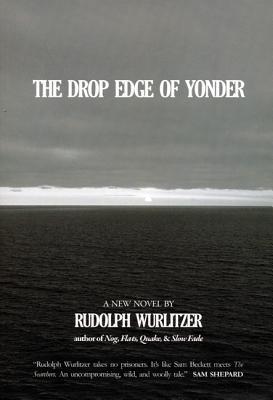What do you think?
Rate this book


304 pages, Kindle Edition
First published January 1, 2008
It was as if he had been through this before, in the same dimly lit cantina with most of the oil lamps burned out, listening to the same restless chords from a bangedup piano with cracked and missing keys, the same row of moose heads with their eyes shot out, the same low murmur of betting and raising, the same slap of shuffling cards whose numbers and faces had become so bent and rubbed that they were barely visible. He was dimly aware that he might be in trouble because winning and losing no longer seemed to matter, as if the results had already been decided.